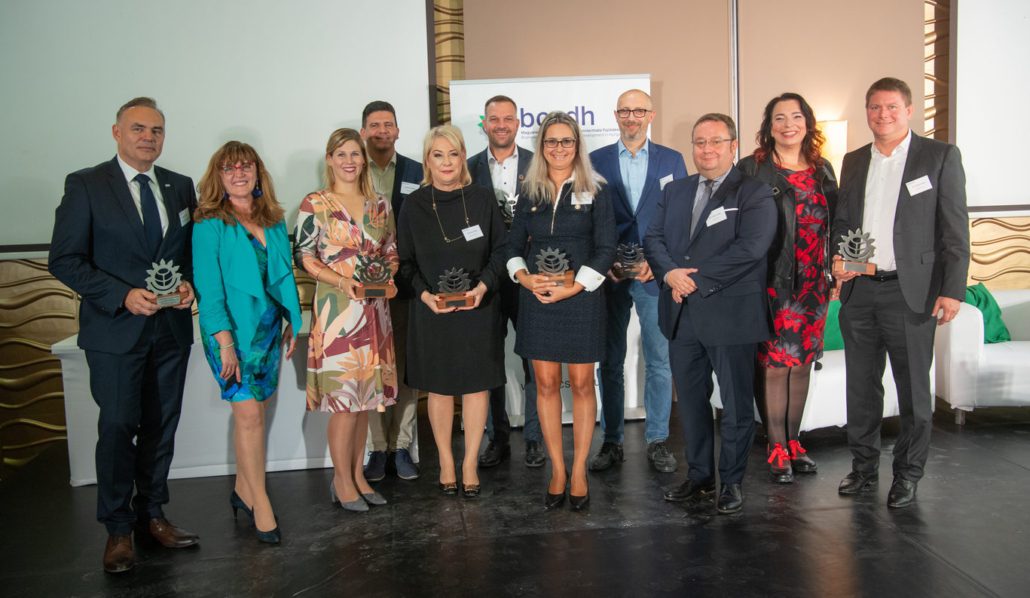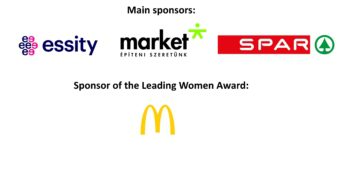A total of 339 SPAR stores have reverse vending machines installed to make the process of returning glass, metal and plastic bottles a smooth experience. The company also focuses on shaping the views of customers by placing waste management instructions on the packaging of more and more of their SPAR private-label brand products. The supermarket chain has achieved a lot in the waste management segment, reducing their waste production by almost 4000 tonnes in three years.
“In the last three years SPAR Hungary has achieved outstanding results in waste management. In 2023 we decided to reduce the amount of plastic in the packaging of several of our products for example, the popular S-BUDGET pork mince has a new flow-pack packaging which is made using 70% less plastic. We also save a significant amount of plastic in our logistics department by using multiple use rolling rack plastic blankets to cover some of our supplies. Using our new digital solutions, we managed to minimise the volume of our paper-based administration as well. All these improvements resulted in our waste production being reduced by more than 1600 tonnes in 2023 compared to 2022, and within a three-year period we managed to reduce the amount of waste we produce by almost 4000 tonnes,” said Márk Maczelka, head of communications at SPAR Hungary.
The biggest challenge the company recently faced was the new recycling system effective from the 1st of January. As a result, they installed 339 REpont machines in own-operated stores. SPAR would like to make waste collection at home easier for its customers. They are constantly keeping customers updated, and also offer recycled bags in two sizes to support the collection of empty bottles at home in a more convenient way.

It is gratifying to have the waste pictogram on more than 700 different products now. With this solution, the company intends to help customers to correctly treat the packaging of the products they buy and to inform them on how to distinguish and separate them when they become waste.

SPAR also helps with sorted waste collection to support the process of recycling. An important step towards selective processing is having recycling points in almost all of their stores for paper, plastic, and glass, with several stores also offering the option to dispose of cooking waste oils, batteries, and fluorescent lamps. Customers can find all the different special collection points for different types of waste on an interactive map of these stores. The new REpont machines have recently been added to this map: www.sparafenntarthatojovoert.hu/szelektiv-hulladek

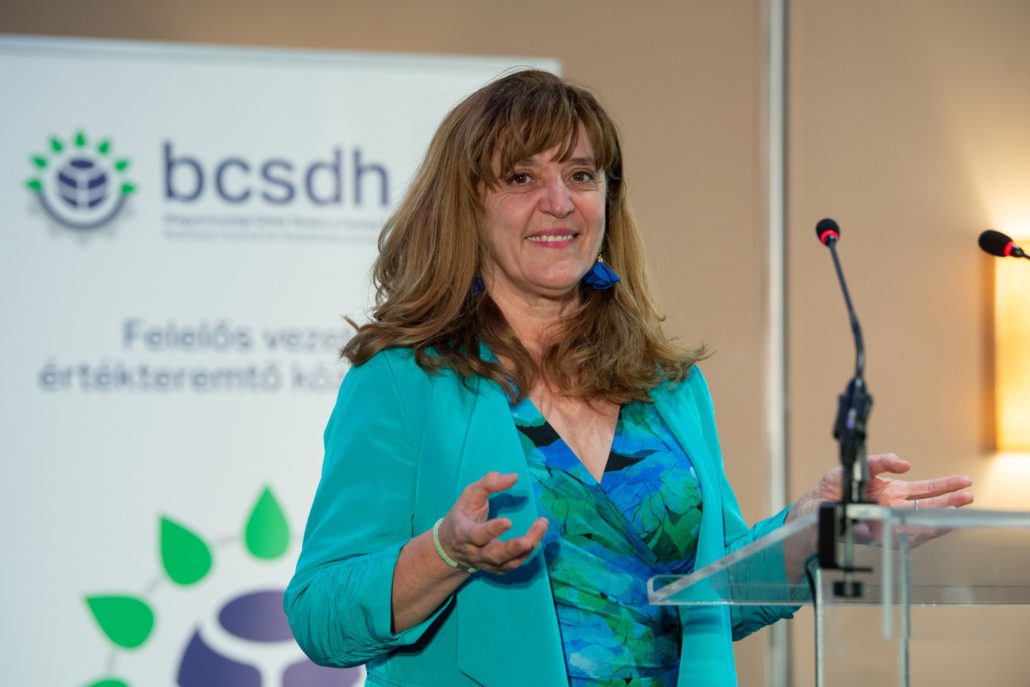
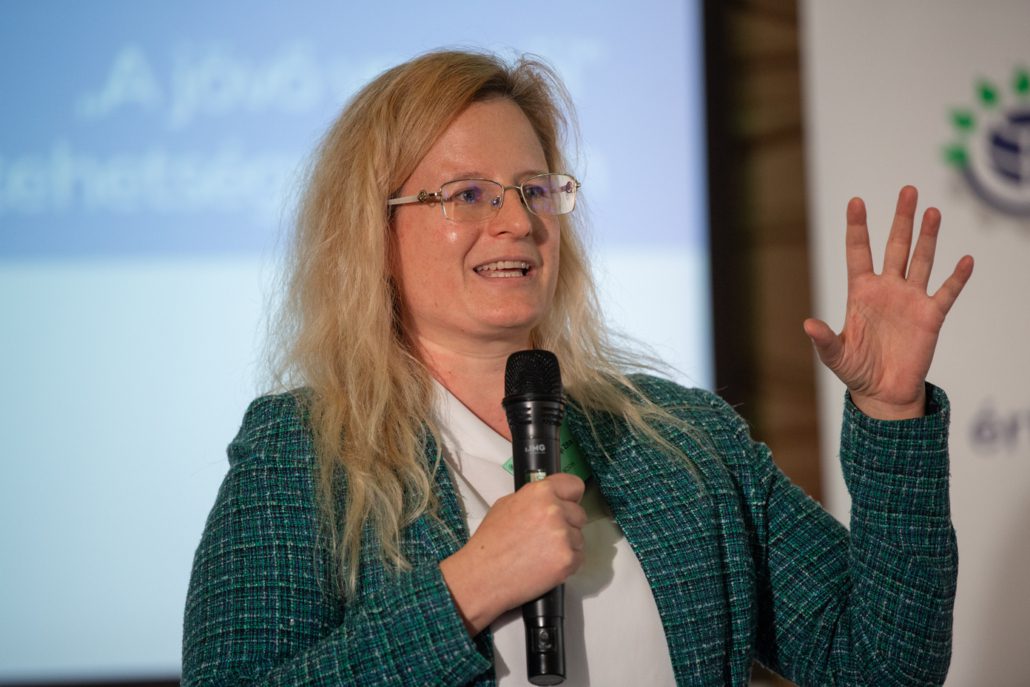
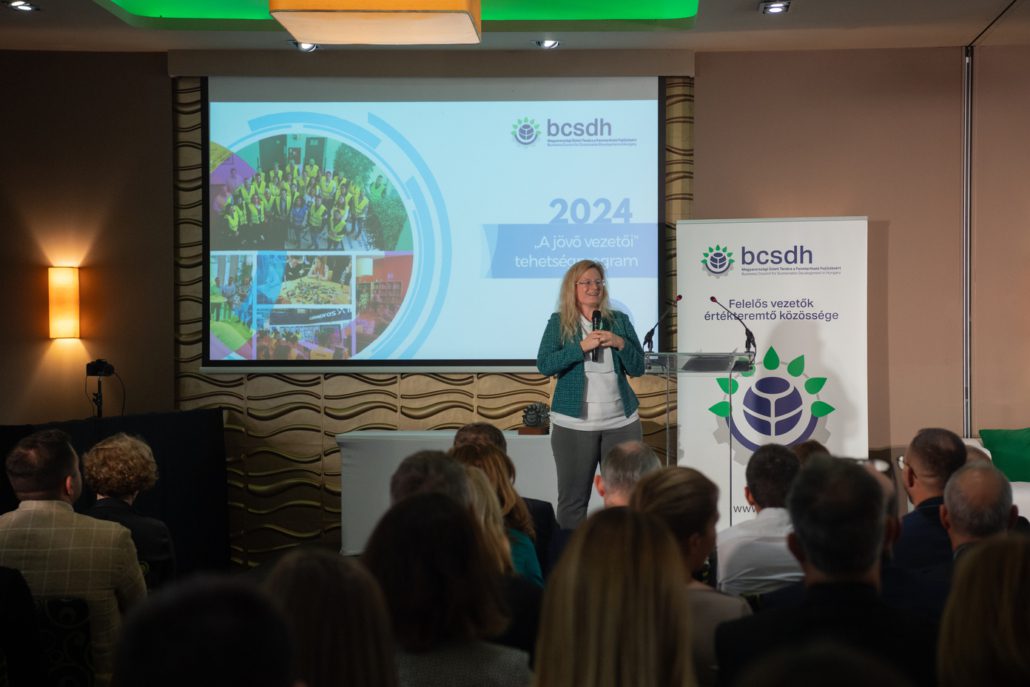
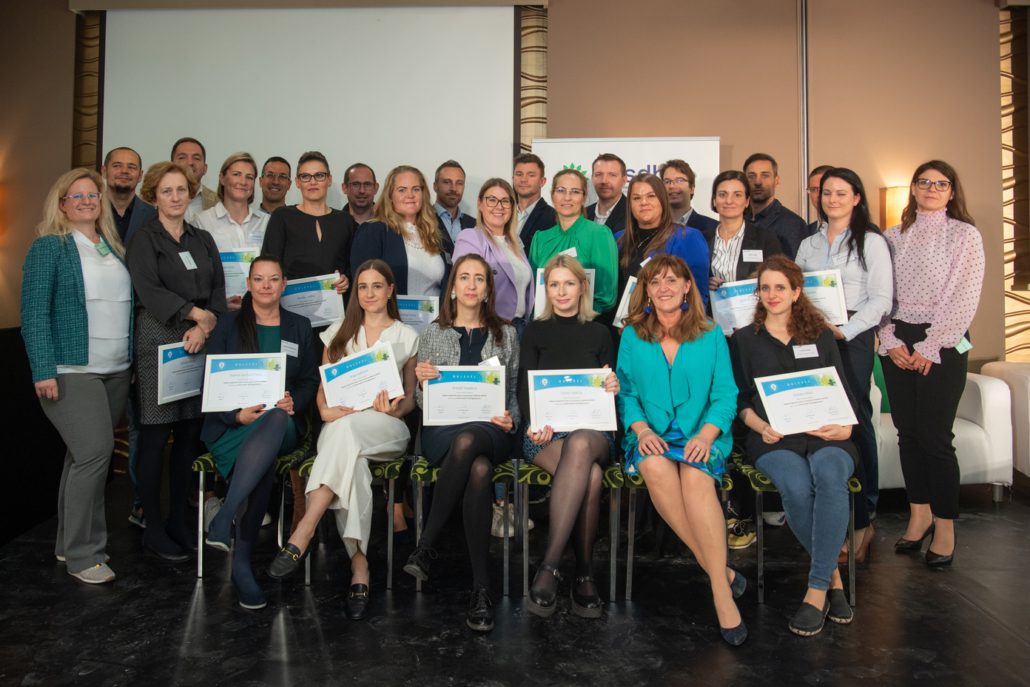
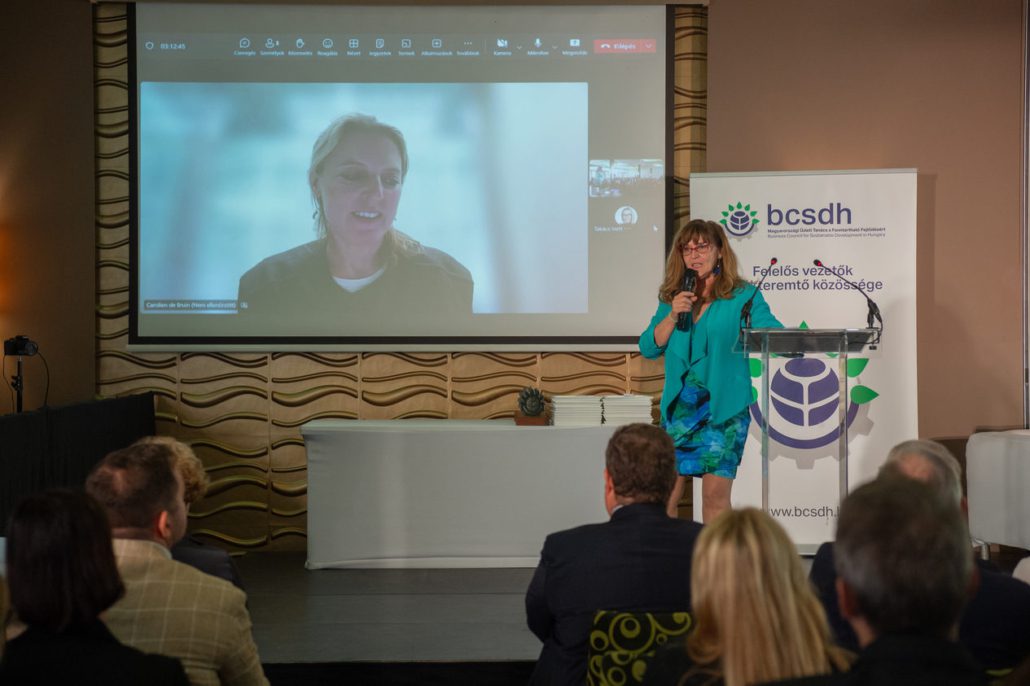
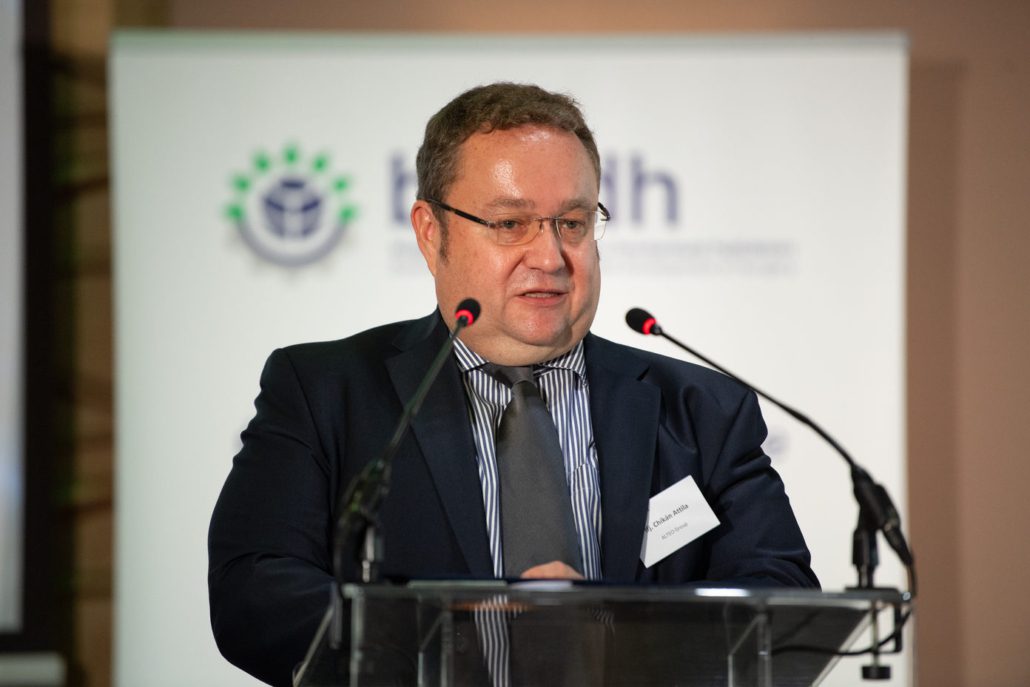
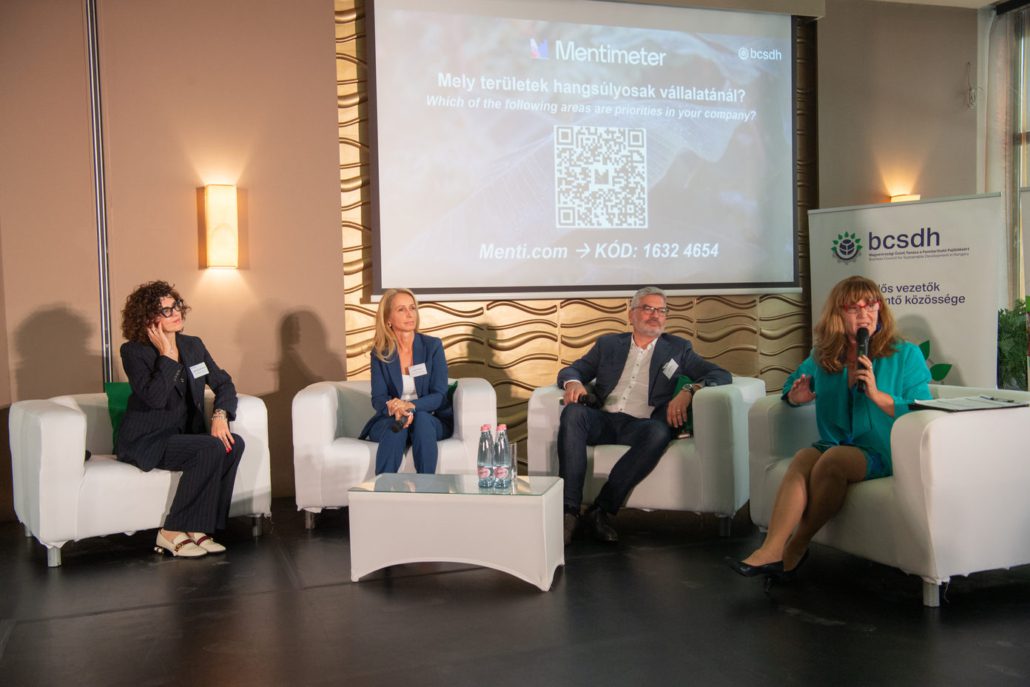
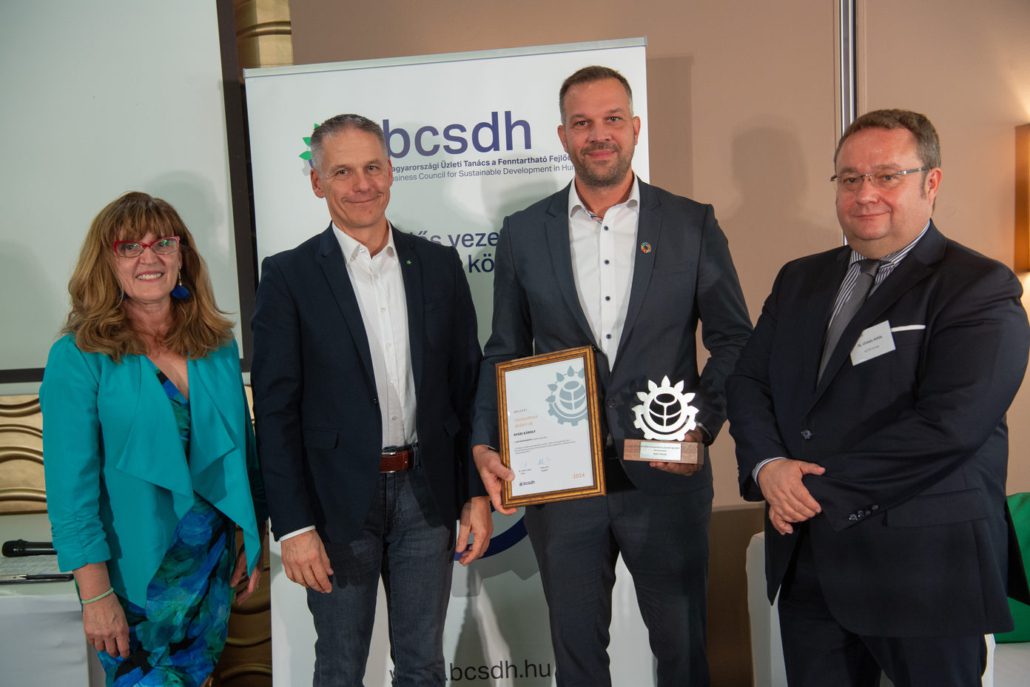 Károly Nyári
Károly Nyári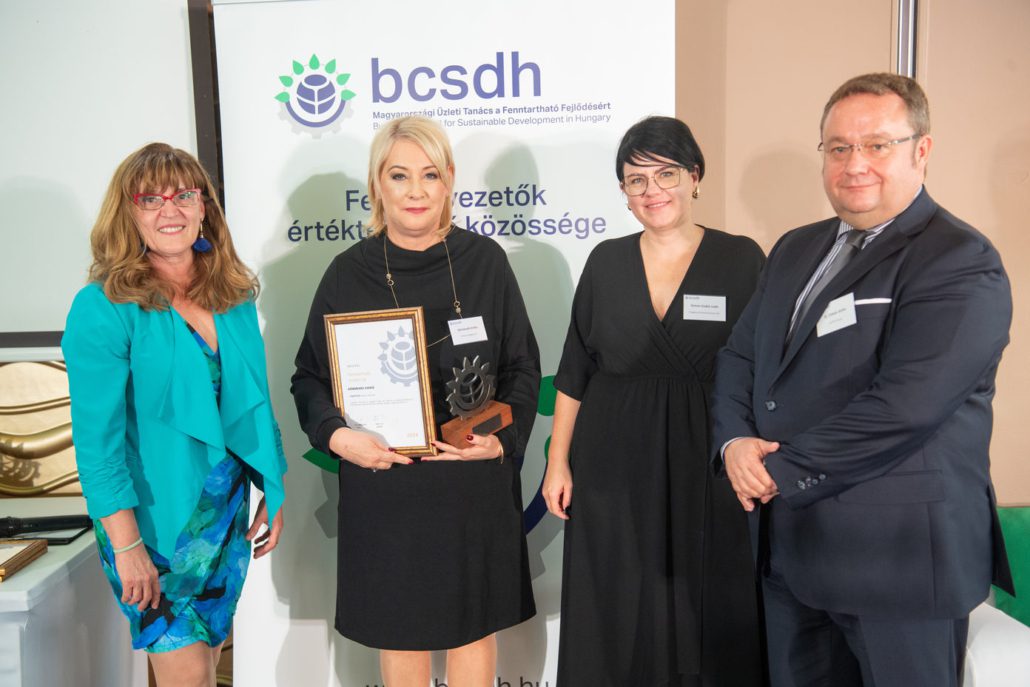 Anikó Körmendi
Anikó Körmendi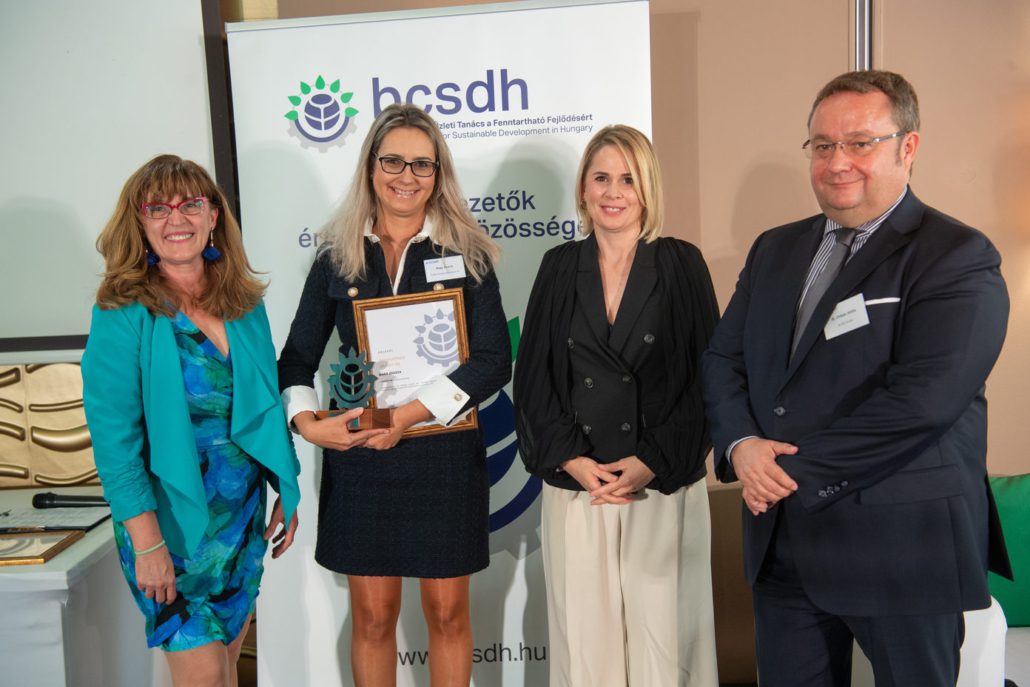 Zsuzsa Nagy
Zsuzsa Nagy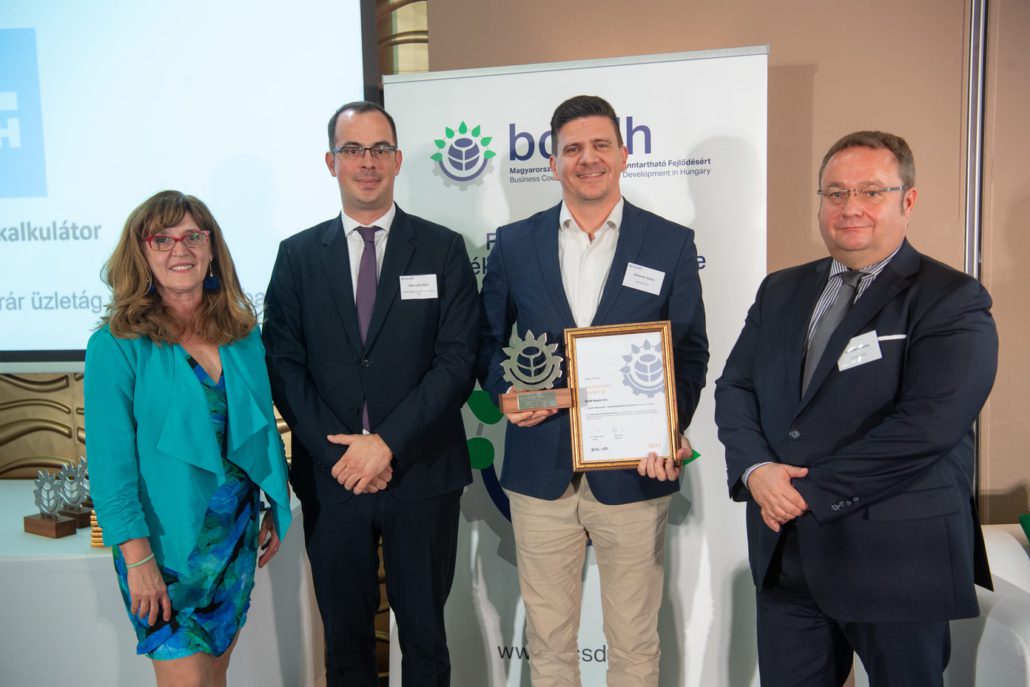 K&H Bank – K&H Agricultural CO2 Calculator
K&H Bank – K&H Agricultural CO2 Calculator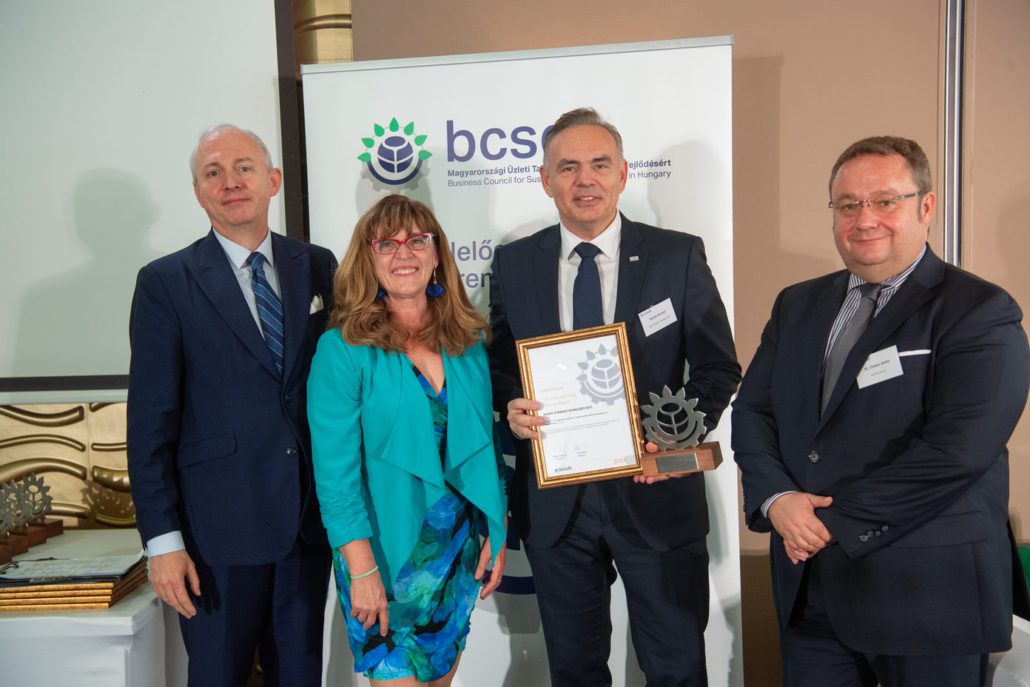 Saint Gobain – Biodiversity Program
Saint Gobain – Biodiversity Program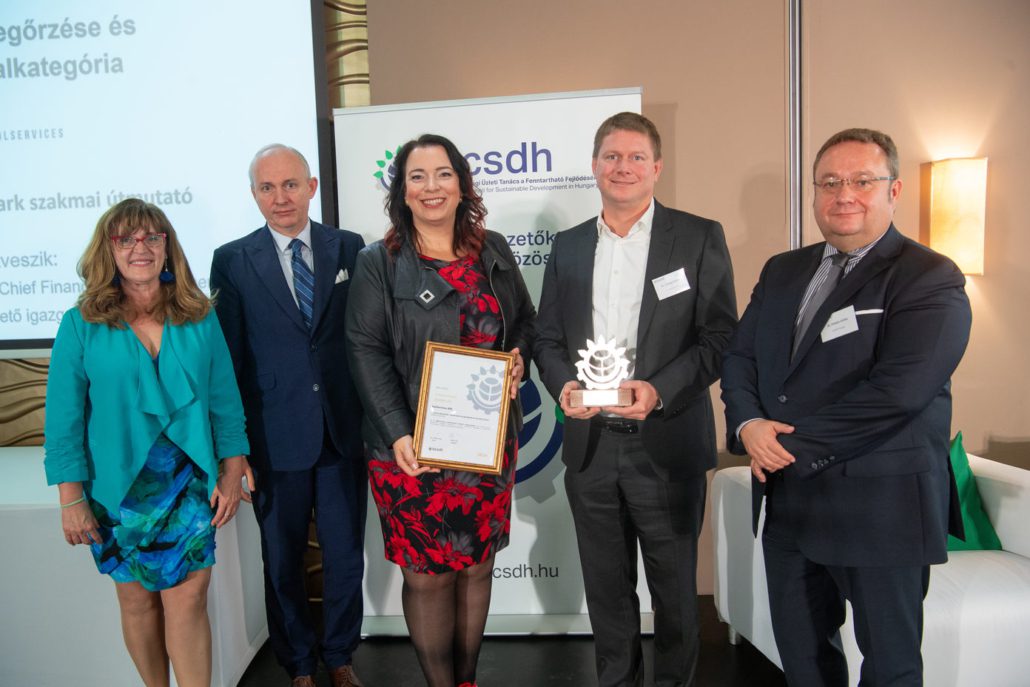 SolServices – Next-Generation Solar Park Professional Guide
SolServices – Next-Generation Solar Park Professional Guide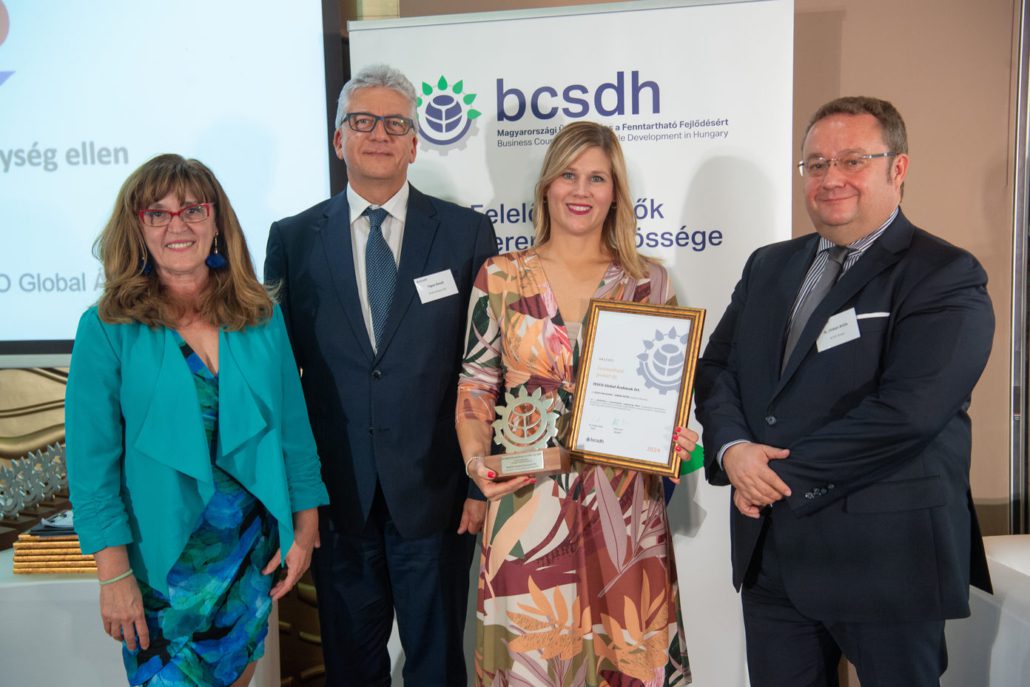 TESCO Global Stores Ltd. – “Combatting Menstrual Poverty”
TESCO Global Stores Ltd. – “Combatting Menstrual Poverty”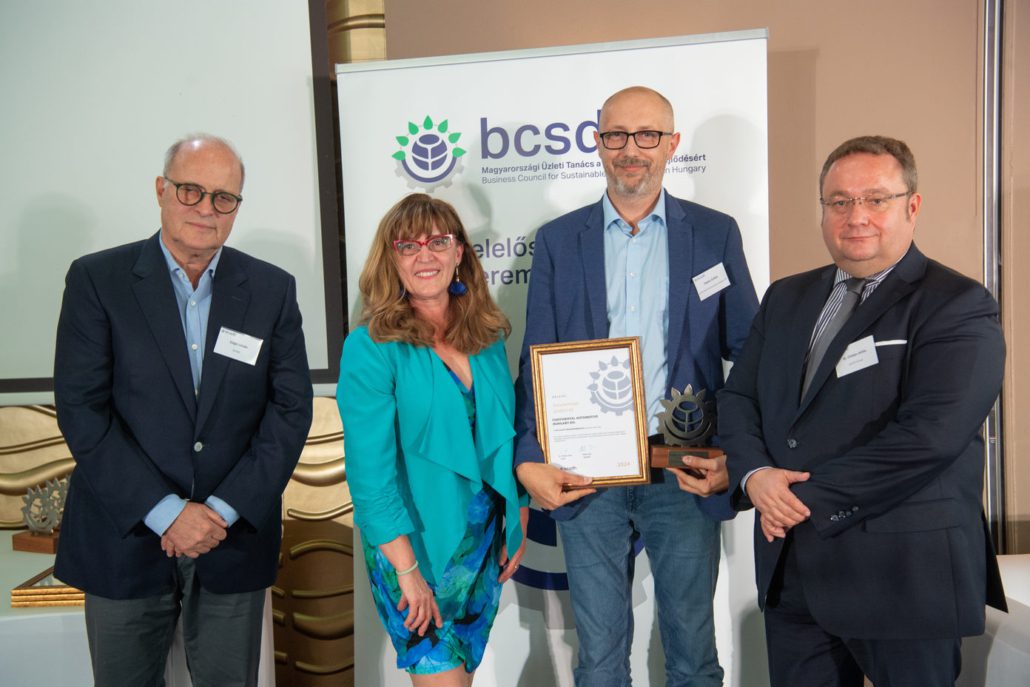 Continental Automotive Hungary Ltd.
Continental Automotive Hungary Ltd.